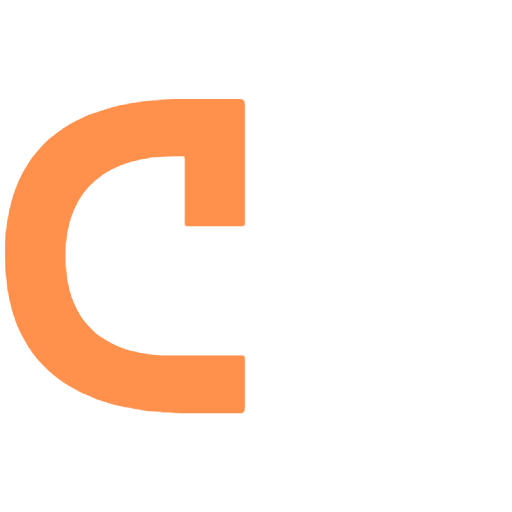In today’s music landscape, promoting your music effectively is essential to stand out among the crowd of aspiring artists. With the rise of digital platforms and the democratization of music distribution, musicians have more opportunities than ever to reach a global audience. However, navigating the promotional landscape can be overwhelming. This comprehensive guide provides valuable insights, insider tips, and evidence-based strategies to help you unlock success and establish a thriving music career.
1. Harness the Power of Online Platforms
1.1. Building Your Online Presence
In the digital age, having a strong online presence is crucial. Create a professional website that showcases your music, upcoming events, and merchandise. Optimize your social media profiles by crafting compelling bios and posting visually appealing content. Utilize streaming platforms such as Spotify, Apple Music, and YouTube to distribute your music and reach potential fans worldwide.
1.2. Engaging with Your Audience
Engagement is key to building a loyal fan base. Regularly interact with your audience on social media by responding to comments, initiating conversations, and sharing behind-the-scenes content. Utilize email marketing to connect directly with your fans, sharing updates, exclusive content, and special offers. Collaborate with influencers in your genre to widen your reach and gain exposure to new audiences.
2. Craft a Solid Marketing Strategy
2.1. Define Your Target Audience
Understanding your target audience is crucial for effective marketing. Research demographic data to gain insights into your audience’s age, location, and interests. Identify niche communities and online forums where your target audience congregates. Analyze successful competitors in your genre to identify common promotional tactics and adapt them to your own strategy.
2.2. Utilize Effective Marketing Channels
Take advantage of social media advertising to harness the targeting capabilities of platforms like Facebook and Instagram. Craft compelling ad campaigns to reach potential fans who align with your target audience. Collaborate with relevant blogs and podcasts to secure interviews, guest posts, or featured playlist spots. Additionally, focus on live performances and local networking to establish a presence in your local music scene and connect with industry professionals.
3. Create Compelling Content
3.1. High-Quality Music Production
Invest time and resources in creating high-quality music. Ensure your songs are professionally mixed and mastered to captivate listeners. Collaborate with talented producers and engineers to enhance the overall sound of your tracks. Remember, great music forms the foundation of a successful music promotion strategy.
3.2. Visual Branding and Aesthetics
Develop a strong visual brand that reflects your musical style and persona. Invest in professional photography and design to create visually striking album covers, social media graphics, and promotional materials. Consistency in your visual branding helps create a recognizable and memorable identity for your music.
4. Build Relationships and Seek Opportunities
4.1. Networking within the Industry
Attend music conferences, industry events, and local gigs to network with industry professionals, fellow musicians, and potential collaborators. Establishing genuine connections can lead to valuable opportunities, including collaborations, licensing deals, and performance opportunities.
4.2. Collaborate and Cross-Promote
Collaborate with other artists to tap into their fan bases and cross-promote each other’s music. Collaborative projects, features, or remixes can introduce your music to new audiences and help build a stronger network within the industry.
5. Utilize Data and Analytics
5.1. Tracking and Analyzing Performance
Leverage data and analytics tools to gain insights into the performance of your promotional efforts. Track metrics such as streaming numbers, social media engagement, and website traffic to understand what resonates with your audience. Use this information to refine your marketing strategies and focus on channels and content that yield the best results.
5.2. A/B Testing and Experimentation
Don’t be afraid to experiment with different promotional approaches and strategies. Conduct A/B tests to compare the effectiveness of different campaigns or content variations. This allows you to optimize your promotional efforts based on real-time feedback and data, helping you make informed decisions for future promotions.
6. Collaborate with the Online Music Community
6.1. Engaging with Online Music Communities
Participate actively in online music communities, forums, and social media groups related to your genre. Share your music, provide feedback to fellow artists, and engage in discussions. Building relationships within these communities can lead to collaborations, support, and valuable connections within the industry.
6.2. Utilizing Online Music Platforms
Take advantage of specialized online music platforms that cater to independent artists, such as SoundCloud, Bandcamp, and ReverbNation. These platforms provide opportunities for exposure, networking, and reaching a dedicated music-loving audience. Engage with fans, connect with other artists, and explore promotional features offered by these platforms.
Conclusion
Effective music promotion requires a well-rounded approach that combines online presence, targeted marketing, compelling content, data analysis, and community engagement. By implementing the strategies outlined in this comprehensive guide, you can increase your visibility, expand your fan base, and unlock new opportunities for success as an independent artist. Remember to adapt to changing trends, stay consistent in your promotional efforts, and always prioritize the quality of your music and visuals. With dedication, perseverance, and a strategic approach, you can navigate the competitive music industry and achieve your goals.
